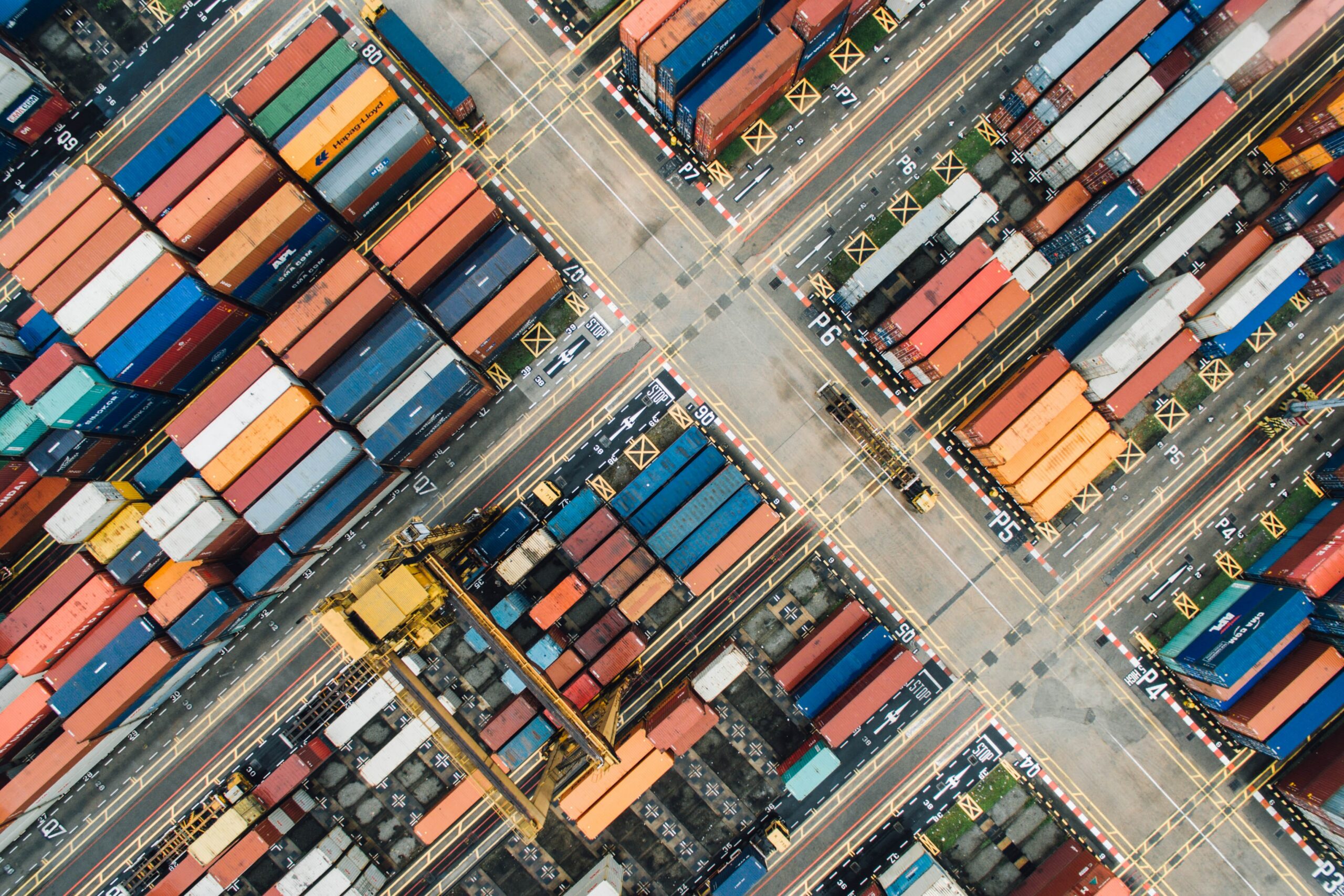Although fuel prices have come down from their peak, the cost of fuel is still causing concern for those in logistics and elsewhere in the UK.
Why are fuel prices so high? And how can businesses best prepare themselves?
When the war in Ukraine broke out, fuel prices skyrocketed. While they have since come down, they are still far higher than they were even a year and a half ago.
Back in March 2021, petrol was priced at an average of 124.32p per litre, and diesel 127.25p. By the end of November 2022, average UK fuel prices were upwards of 161p and 185p per litre.
And it’s not just fuel prices that have crept up. British businesses and consumers have had to contend with soaring costs in all other areas of their lives as inflation has continued to climb. Food inflation is particularly gruelling, having hit a record high of 12.4% in November.
However, when it comes to the logistics sector, it’s fuel costs that are causing the most problems. And, with changes to fuel duty rumoured to be on the way, there’s every chance fuel prices could rise again soon…
Is fuel duty going up?
While the current Chancellor of the Exchequer, Jeremy Hunt, has stated that a rise in fuel duty is not government policy, it has been proposed.
The change would see fuel duty go up by 23% in April 2023, or about 12p per litre. This would amount to “the largest rise in the fuel duty rate in history,” according to the Office for Budget Responsibility, and would be the first time fuel duty has risen in cash terms since 2011.
It’s a move that would reportedly raise an additional £5.7 billion in taxes. But, at a time when budgets are so constrained as it is, it could have disastrous consequences for motorists, and particularly professional drivers. This, in turn, has the ability to rock the British economy.
The fallout from high fuel prices
Reportedly, the Treasury will make a final decision on the fuel duty rise in time for the Spring Budget. But there are calls from those in the UK logistics industry to make the matter clear sooner rather than later.
Profit margins have already narrowed significantly for logistics businesses in this past year. So, any rise in fuel duty (especially one of this scale) would inevitably have a major impact on operating costs.
If that were to happen, it would be far more difficult to shield consumers from the increased price of transporting goods to supermarkets and other venues across the country.
Companies are already doing what they can to minimise cost increases at the point of purchase. Some have cut whole product lines, or reduced trading hours. Still, there’s only so much organisations can do about eyewatering price hikes.
Maintaining profit margins in the logistics sector
Businesses are innovating in an attempt to keep profit margins as wide as possible. Hopefully, these measures will help to insulate them from the brunt of further fuel price rises.
Some, for example, are investing heavily in renewables and zero-emission HGVs to keep energy costs down. Already, businesses are seeing results. And, given the UK transport sector’s ambitious sustainability targets, this sort of investment is sure to bring long-term benefits too.
Meanwhile, a spokesperson for the Road Haulage Association has announced that they are calling on ministers to introduce “a minimum 15 pence per litre fuel duty rebate.”
The hope is that such a move could ease the pressure enough to keep the industry moving smoothly.
Mitigating the consequences of rising fuel prices
Another thing you can do to manage ongoing financial difficulties?
Ensure you have talent on your team that adds value.
At a time like this, it’s more important than ever to ensure that the talent you have in your teams, from HGV drivers to supply chain managers, is skilled, experienced, and innovative. Only talented people can come up with the solutions your business needs.
Get in touch today to brief us on a role:
Call us: 0333 360 1100
Email: info@aspion.co.uk





